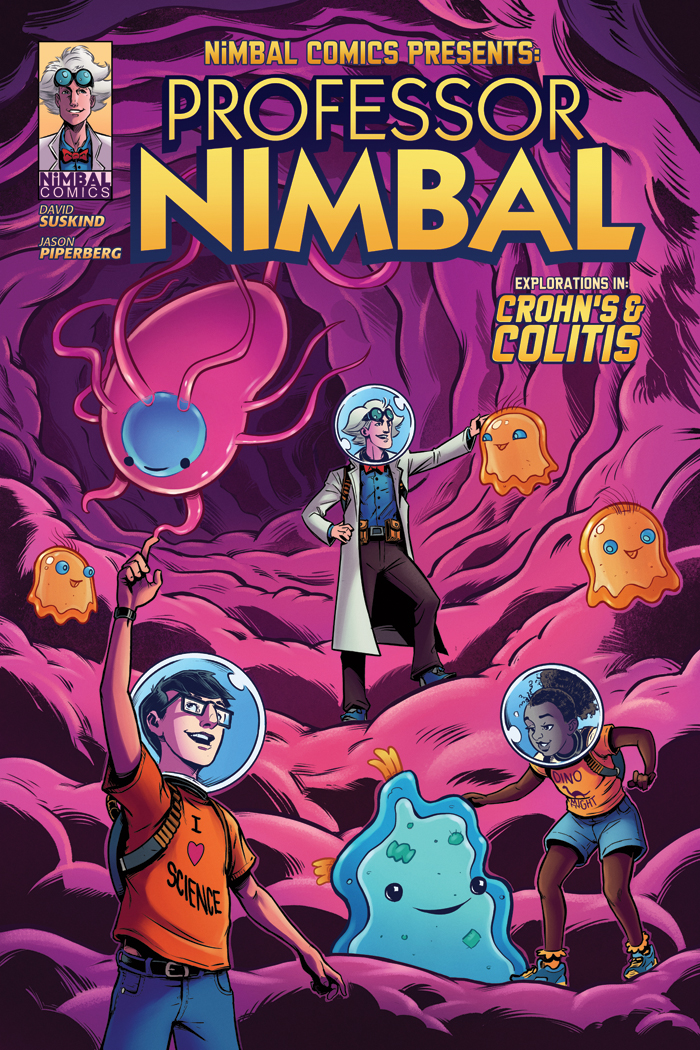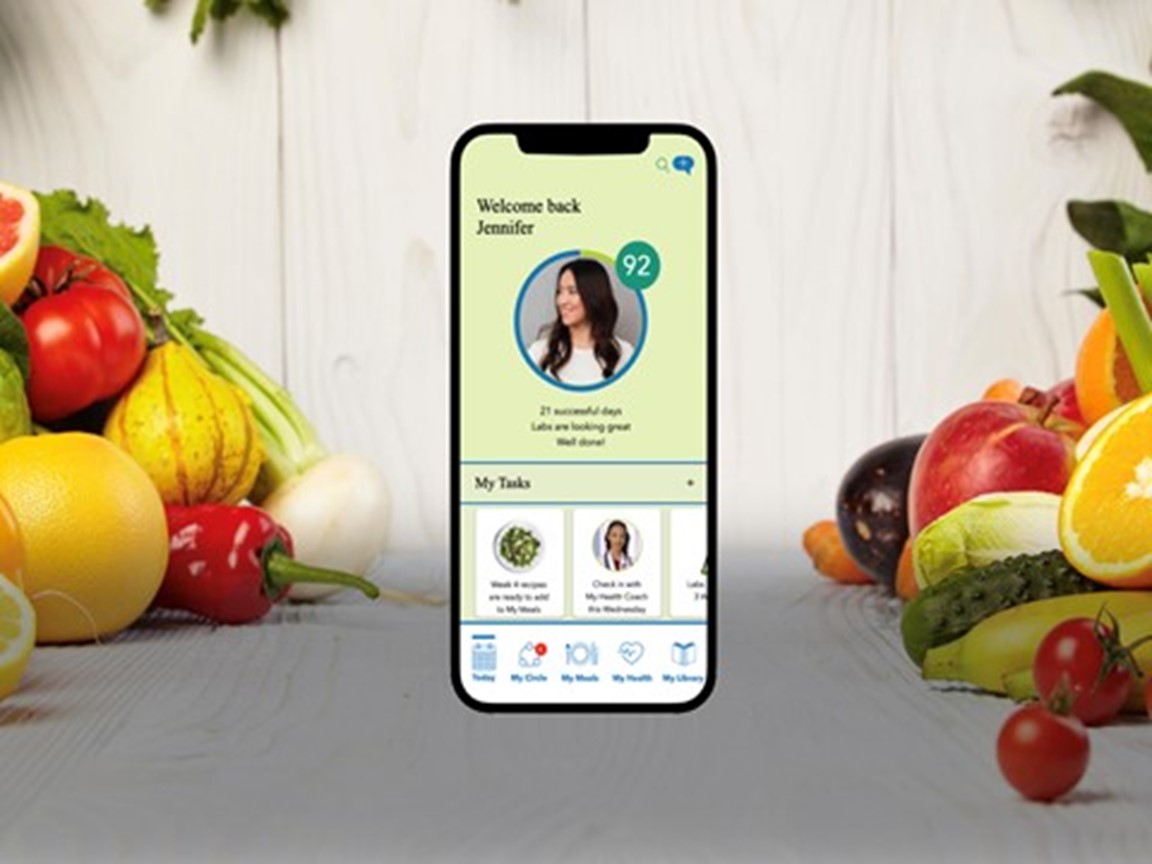Following dietary therapy can be challenging. The Specific Carbohydrate Diet has evolved over the years since Dr. Sydney Haas first reported on it. Since then we have learned much but there is still much more for us to learn. Below are foods that are allowed (legal) and foods that are not allowed (illegal) based off of Dr. Sydney Haas's initial description of the diet and Elaine Gottschal's Breaking the Vicious Cycle and our current research. In addition this food list includes up to date evidence based information on current research in foods.
A | B | C | D | E | F | G | H | I | J | K | L | M | N | O | P | Q | R | S | T | U | V | W | X | Y | Z
| Type of Food | SCD Approval | Explanation | NiMBAL Research | |
| Jaggery (gur) | Illegal | A mixture of cane juice and date or palm sap. | No studies have been conducted on jaggery and IBD. However, high sugar intake has been linked to increased risk for ulcerative colitis in this epidemiological study. | |
| Jalapeños | Legal | A type of chili pepper. | While no studies have been done concerning IBD and jalapeños, similar peppers from the same family have strong anti-inflammatory and antioxidant properties due to their carotenoids, according to this study. | |
| Jicama | Illegal | Jicama is a tuberous root from South America. | Jicama is a resistant starch with strong prebiotic properties. Therefore, it may cause an overgrowth of bacteria, which can be harmful to those with IBD. More research needs to be done concerning jicama and IBD. | |
| Juice from concentrate | Illegal | Juice from concentrate is normally illegal because when it is reconstituted they often add other things (like sugar). Often additives are not listed on the label. | Complex carbohydrates are poorly absorbed in the intestine. Excess carbohydrates then act as food for bacteria, leading to excessive fermentation and intestinal permeability. |



